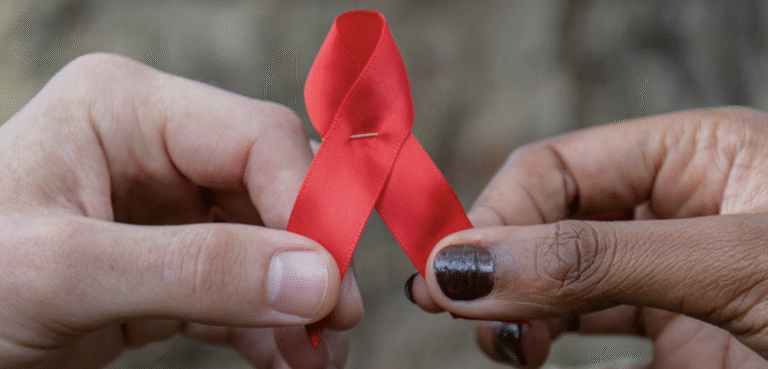
Food addiction under the microscope

 A University of Newcastle research team is hoping to uncover the hidden world of food addiction with a new project launched earlier this month.
A University of Newcastle research team is hoping to uncover the hidden world of food addiction with a new project launched earlier this month.
Previous international studies have shown consumption of foods high in sugar and fat can produce reactions in the brain similar to those that occur in drug addiction.
Lead researcher, Dr Tracy Burrows, said food could trigger feel-good chemicals in the brain, such as dopamine – a chemical that is also stimulated by highly addictive drugs such as cocaine and methamphetamines.
“When people eat foods they enjoy and the levels of dopamine increase in the brain, those with a possible food addiction may experience an altered sense of pleasure or reward following the consumption of a specific food,” Burrows said.
“The response to these foods may override signs of fullness and as a result people with food addiction keep eating.
“We are aiming to determine whether ‘addiction’ to pleasurable foods high in salt, fat and sugar, could be contributing to the obesity epidemic.
“With obesity rates skyrocketing at regional, national and international levels we need to determine whether food addiction plays a significant role in this major global issue.”
To assist with investigations, the researchers are seeking men and women between the ages of 18 and 35 to help determine levels of food addiction in the Australian population.
Participants will be asked to complete a brief online survey about food addiction.
INFO: For more information or to register your interest, phone Kirrilly Pursey on (02) 4921 5690 or email Kirrilly.Pursey@uon.edu.au • You can take the survey at surveymonkey.com/s/9ZT7QH9









